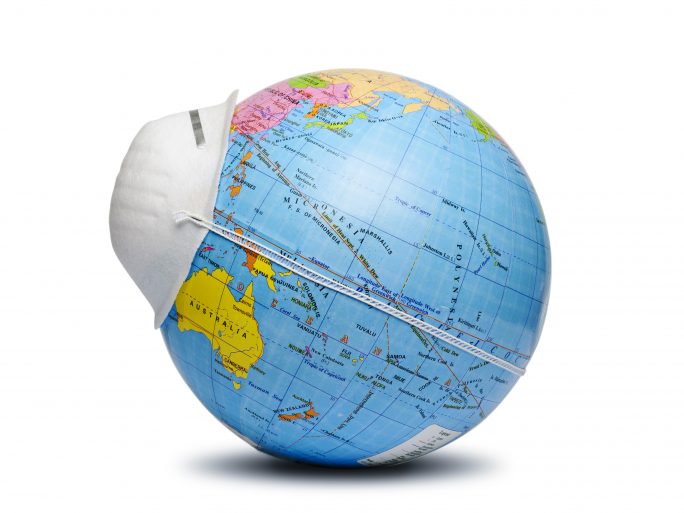How Resilient are States Worldwide in the Event of a Crisis?

Simulation by SAS and The Fund for Peace reveals a country’s vulnerabilities and potential in extreme situations.
SAS has developed a Crisis Sensitivity Simulator together with the non-profit organization The Fund for Peace (FFP). This freely accessible application uses real data to illustrate how extreme situations affect a country, how resilient it is in general, and which areas of politics, society and the economy can be classified as robust or critical. The aim is to provide policymakers worldwide with information on where they can effectively improve their state’s resilience in the event of a crisis.
Development of a State Resilience Index (SRI)
FFP has developed the Fragile States Index (FSI), which identifies vulnerabilities to authorities and institutions. To do this, FFP has been collecting figures on the risks and weaknesses of 179 states worldwide since 2006. On this basis, the organization has developed the new State Resilience Index (SRI), which shows how competently a country can anticipate, manage and overcome crises of various degrees of severity. The Crisis Sensitivity Simulator combines information from both indices. To do this, SAS applies risk models to the data and uses various scenarios to determine the combination of crises most likely to destabilize a country
FFP supports partners worldwide in designing their own tools that provide assessments of risk factors such as climate, violent extremism, and political instability and help prioritize resilience measures. However, the goal is to identify not only vulnerabilities, but also areas and systems of a country that are already more resilient than average. FFP, together with SAS, is planning further improvements in modeling and simulation for the Crisis Sensitivity Simulator. For example, the inclusion of machine learning and AI should enable more precise predictions of risks and the effectiveness of preventive measures.